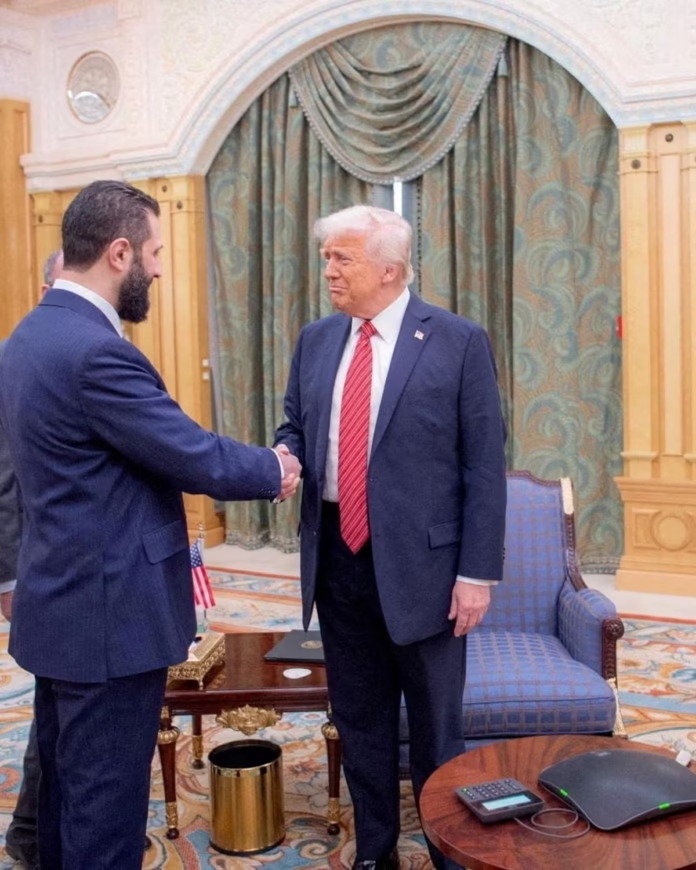Overview
US firms Baker Hughes, Hunt Energy and Argent LNG will draft a full plan to restore Syria’s oil and power networks now that the Trump administration has removed sanctions. The move comes after 14 years of civil war that left the nation’s power output at just a fraction of its former level. The team aims to speed up projects in regions west of the Euphrates River, which the Syrian government controls.
Coalition Plans

The group will study options for oil and gas exploration, and then guide new power projects. They will look at combined cycle power plants and other ways to boost generation. They also hope to partner with local officials and investors to secure funds.
Their first step will be a detailed review of current infrastructure and service gaps. Following that, they plan to set priorities for repair work and new builds. This work starts after agreements by Gulf companies for ports and power, and it builds on a recent deal by Qatar’s UCCHolding.com to add four gas powered plants plus a large solar station.
Investment Needs
Syria now makes only 1.6 gigawatts of electricity, down from almost 9.5 before the conflict, leaving millions without reliable power. Restoring the grid will cost billions of dollars, and the government lacks cash to rebuild alone. Private investors and donors must step in.
Local leaders hope that US firms will bring capital and know-how that state bodies cannot provide. With oil fields still under the Syrian Democratic Forces in the east, companies will work first in the west where the government holds sway.
Geopolitical Context
US backing of the Kurdish led Syrian Democratic Forces makes work in some areas complex. The firms will need to navigate new ties on the ground and align with recent US calls for local groups to join state structures. And they will have to plan around security risks from recent unrest in Sweida province that left hundreds dead.
Top US executives flew in on a private jet and met Syria’s finance minister just as Israel struck near Damascus. The timing shows how fast interest in Syria changed once sanctions fell.
Personal Analysis
I think this project shows a clear shift in US foreign investment aims. The firms move in after leaders from Turkey and Saudi Arabia urged talks, and after Trump met Syria’s president in Riyadh. This step could ease power cuts for many families. It could also spark new deals for ports and roads. Yet it may face local friction and delays if security fails or if global prices tick up. Still, the project may revive parts of the economy and lay a base for more growth.
Sources: Reuters.com


